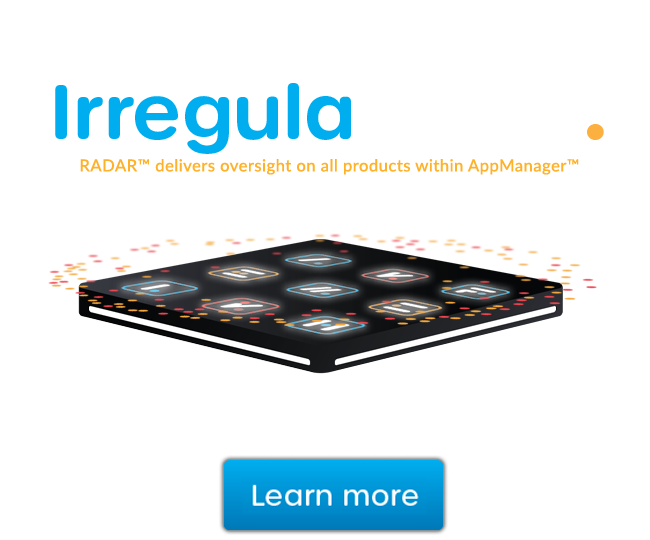As technology and data collection practices evolve, regulations governing how businesses handle personal data must evolve too. New privacy regulations aim to give individuals more control over their data and ensure organizations collecting or processing this data have robust security measures in place. For businesses, adapting to these changing regulations is crucial to avoid hefty fines and maintain consumer trust.
Failing to meet privacy requirements can result in substantial penalties, like British Airways' £20 million fine and Marriott's £99 million fine under GDPR. Beyond financial implications, mishandling data risks losing customer trust. Conversely, investing in compliance demonstrates a commitment to protecting customers and can provide a competitive advantage.
This guide examines key aspects of new privacy regulations and provides recommendations on how businesses can update their practices. With the right strategy and technology solutions, compliance becomes an opportunity to build customer loyalty and industry leadership.
Changes in Regulations
Data privacy regulations are constantly evolving as technology advances and governments aim to better protect consumer data. Major recent and upcoming regulations include:
-
General Data Protection Regulation (GDPR): Went into effect in the EU in 2018. Expands requirements for handling personal data, including breach notifications, privacy notices, and data subject rights.
-
California Consumer Privacy Act (CCPA): Went into effect in 2020 in California. Gives consumers rights to access, delete, and prevent sale of their personal data. Requires transparency from businesses.
-
Network and Information Systems Directive (NIS2): An upcoming EU regulation expected to take effect in 2024. Will update cybersecurity rules for critical infrastructure, expanding scope and adding sectors like waste management and chemicals.
-
Digital Services Act (DSA): Another upcoming EU regulation aimed at regulating digital platforms and services. Includes provisions related to content moderation, data use transparency, and risk management.
-
Data Protection Act: The UK's version of GDPR that went into effect in 2018 after Brexit. Largely mirrors GDPR with some UK-specific tweaks.
-
Personal Information Protection Act (PIPA): South Korea's comprehensive data privacy law that went into effect in 2020. Based on GDPR with additional restrictions for international transfers.
These major regulations demonstrate a global trend toward stricter requirements for data management and privacy. Businesses need to understand the obligations for each region they operate in.
Benefits of Compliance
Complying with privacy regulations provides several key benefits for businesses:
Consumer Trust - By implementing strong privacy protections and being transparent in data collection practices, businesses can build greater trust with customers. Consumers are increasingly concerned about how their data is used, so compliance demonstrates a commitment to honoring their preferences. This helps attract and retain loyal customers.
Avoiding Fines - Regulators are cracking down on organizations that fail to comply with privacy laws. Violations can lead to heavy fines, legal action, and damage to the company's reputation. However, by taking a proactive approach to compliance, businesses can avoid these costly penalties. Adhering to regulations also reduces the risk of class action lawsuits related to data breaches or misuse.
Competitive Advantage - Companies that value consumer privacy and invest in compliance can differentiate themselves from competitors who do not make this a priority. They can market themselves as trusted stewards of customer data. Especially for consumer-facing businesses, a reputation for ethical data practices provides a competitive edge in winning market share. Compliance helps position the business as an industry leader.
Steps for Implementation
Businesses must take proactive steps to comply with new privacy regulations. Here are some key areas to focus on:
- Assess Data: Conduct an audit to understand what personal data your company collects, processes, stores and shares. Document where this data resides, how it flows through your systems, who has access, and how it's secured.
- Update Policies: Review your data protection and privacy policies to ensure they align with new legal requirements. Expand the scope of consent, strengthen data subject rights, update breach notification procedures and more.
- Train Staff: Provide training across teams - from IT to HR to marketing - on updated privacy practices. Ensure staff understand their responsibilities in collecting, securing and managing personal data properly.
- Encrypt Data: Leverage encryption technologies to secure sensitive data at rest and in transit. Anonymize or pseudonymize data where possible. Use key management tools to control access.
- Manage Consent: Review consent mechanisms to confirm opt-in consent is explicit, well documented and easily revocable. Honor data subject requests for access, rectification and deletion in a timely manner. Refresh consent as needed.
GFI Solutions for Privacy Compliance
GFI provides a comprehensive suite of solutions to help organizations achieve and maintain compliance with data privacy regulations. These solutions enable organizations to discover, classify, monitor and protect personal data across their IT environments. By leveraging GFI's data governance, network security, and email security offerings, businesses can implement robust technical controls and processes to meet key privacy requirements around data protection, breach prevention, auditing and more. GFI's solutions for privacy compliance include:
GFI ClearView
GFI ClearView enables organizations to discover, classify and monitor regulated data across their environment. It provides advanced data discovery to identify structured and unstructured personal data, data mapping to visualize information flows and pinpoint risks, policy monitoring with alerts for anomalous data handling, and auditing and reporting to demonstrate compliance controls.
GFI LanGuard
GFI LanGuard provides network security capabilities supporting data privacy. It offers vulnerability scanning and patch management to address weaknesses, firewalls and web filtering to control access and threats, and endpoint protection to prevent malware impacting data security.
GFI MailEssentials
GFI MailEssentials secures email communications aligned with privacy needs. It provides multi-engine malware/threat protection blocking data risks, content filtering to prevent unauthorized data transmission, email encryption and archiving meeting data privacy rules, and monitoring and reporting on email activities and potential incidents.
Conclusion
New privacy regulations present both challenges and opportunities for businesses. By taking steps to comply with regulations like NIS2, companies can avoid penalties, build trust with customers, and gain a competitive edge.
This guide has covered key areas to focus on, such as managing personal data, securing networks, and protecting email systems. With powerful tools like GFI ClearView, GFI Languard, and GFI MailEssentials, compliance becomes more achievable.
To recap, businesses should start preparing now by:
- Reviewing new regulations and identifying affected areas
- Conducting audits to find vulnerabilities
- Establishing data protection measures
- Adopting advanced security solutions
- Training staff on compliance procedures
By taking a proactive approach, companies can adapt to new privacy regulations smoothly. Compliance enables better risk management, stronger security posture, and greater customer confidence. Don't wait to act - start your compliance journey today for long-term success.
Related Posts
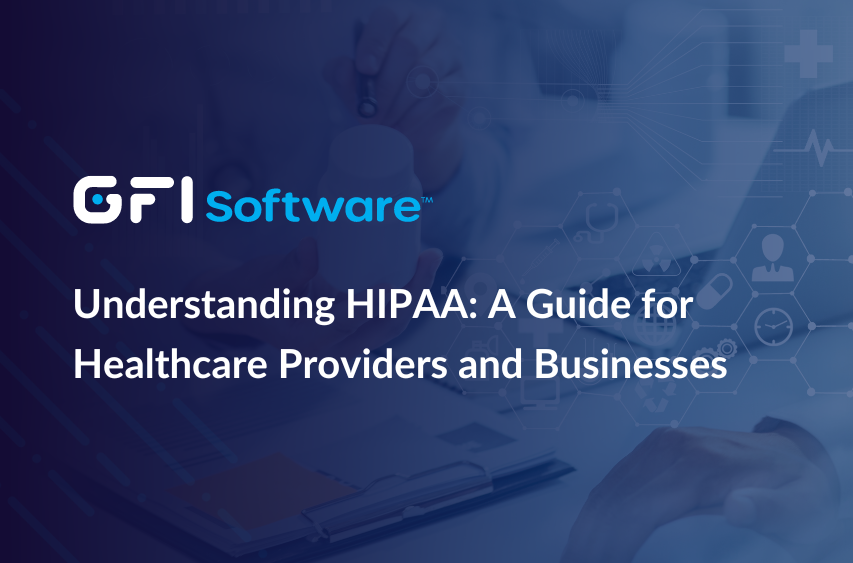
Mar 5, 2024
Understanding HIPAA: A Guide for Healthcare Providers and Businesses
If you're a healthcare provider or business handling protected health information, understanding HIPAA is crucial. This guide demystifies HIPAA's requirements for safeguarding patient data and outlines best practices for compliance. We'll delve into risk assessments, employee training, breach prevention, and how GFI Software can help you avoid potential penalties and protect your practice.
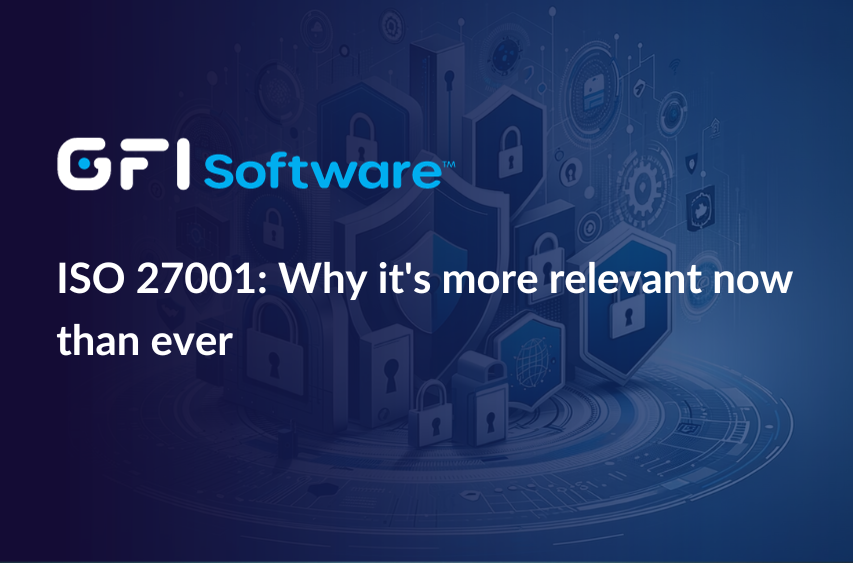
Dec 22, 2023
ISO 27001: Why it's more relevant now than ever
Discover the importance of ISO 27001 in addressing today's cybersecurity challenges and the role of GFI Software's solutions in achieving compliance. Our latest post provides a comprehensive overview of ISO 27001's relevance, its alignment with emerging technologies, and essential steps for effective implementation.
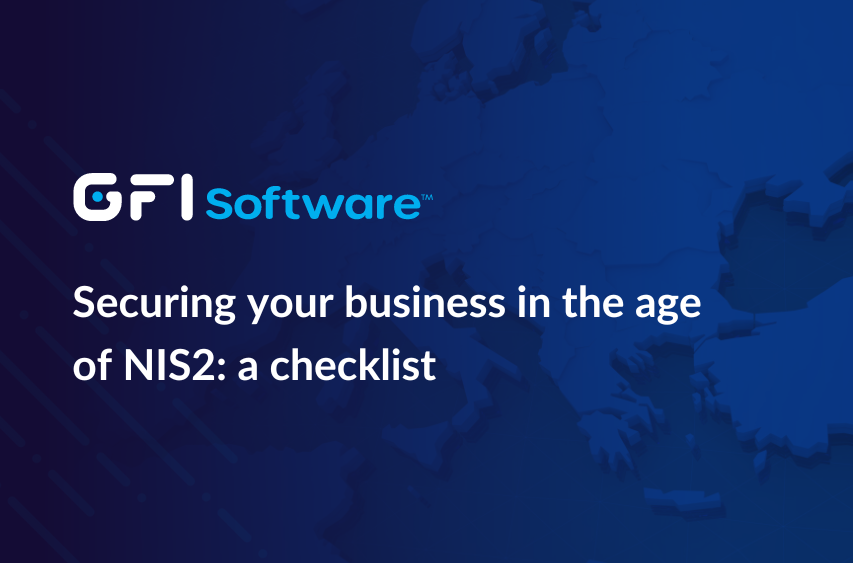
Dec 11, 2023
Securing your business in the age of NIS2: a checklist
NIS2 accentuates the importance of cybersecurity for essential and digital service providers within the EU. To meet the security standards, understanding and conforming to its guidelines is fundamental. This checklist guides you through this updated regulatory terrain and showcases how tools like GFI LanGuard can be instrumental in this journey.

Oct 15, 2023
Everything You Need to Know: NIS2 and Healthcare Data Security
Explore the essentials of NIS2 compliance in the healthcare sector and uncover how NIS2 standards are crucial for protecting patient data amidst the growing digital threats. We also introduce how tools like GFI LanGuard can aid in navigating the compliance pathway, making the journey toward enhanced data security more straightforward for healthcare providers.
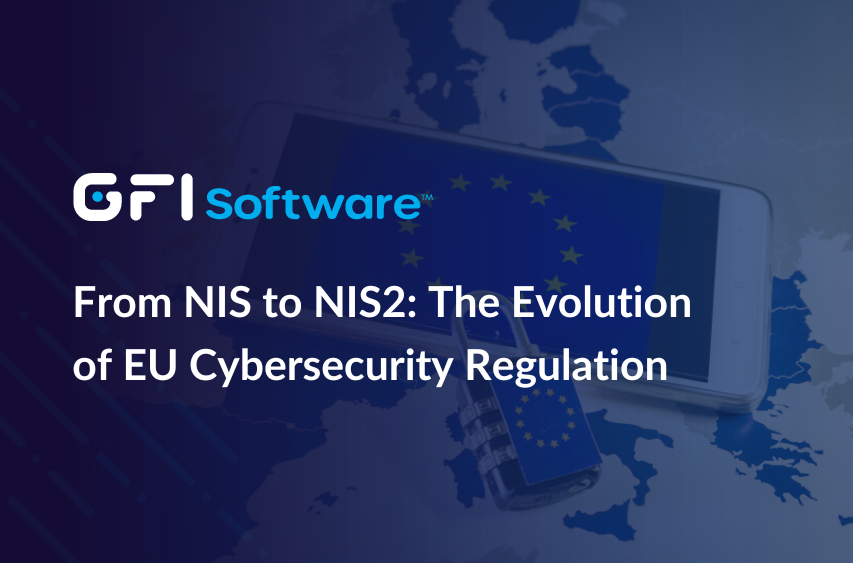
Aug 15, 2023
From NIS to NIS2: The Evolution of EU Cybersecurity Regulation
Join us today as we map the evolution of the European Union's (EU) cybersecurity regulation – a transition from the Network and Information Security (NIS) Directive to the enhanced NIS2 Directive. We’ll unravel the genesis of the NIS Directive, its more recent NIS2 counterpart, what businesses need to do to stay compliant, and, ultimately, how the EU, through its progressive legislation, is meeting the demands of our increasingly connected and digitally complex world.
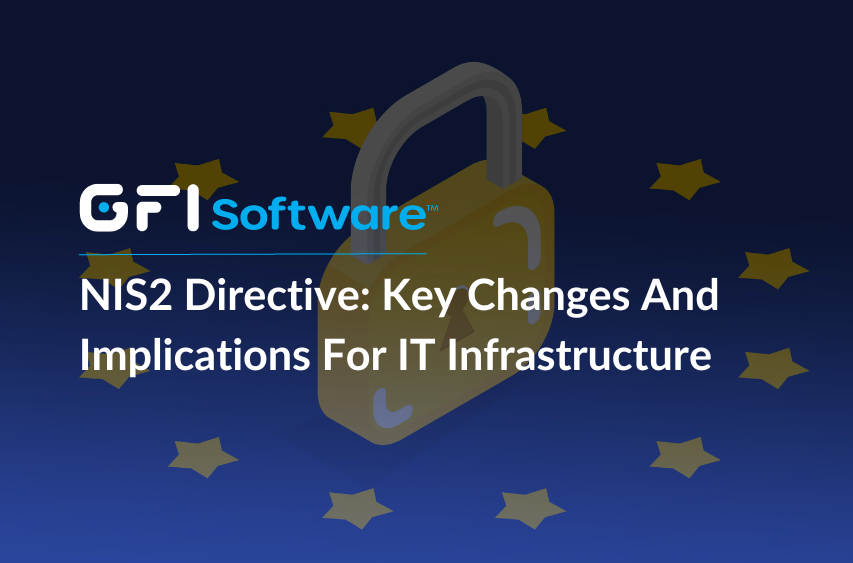
Jul 20, 2023
NIS2 Directive: Key Changes And Implications For IT infrastructure
The new EU NIS2 directive impacts several sectors and digital services, marking a new chapter in how we manage cybersecurity risks. Come along with us as we unravel the intricacies of NIS2, examine its implications on your IT infrastructure, and highlight how GFI Software's solutions can streamline your journey into this new frontier of cybersecurity



